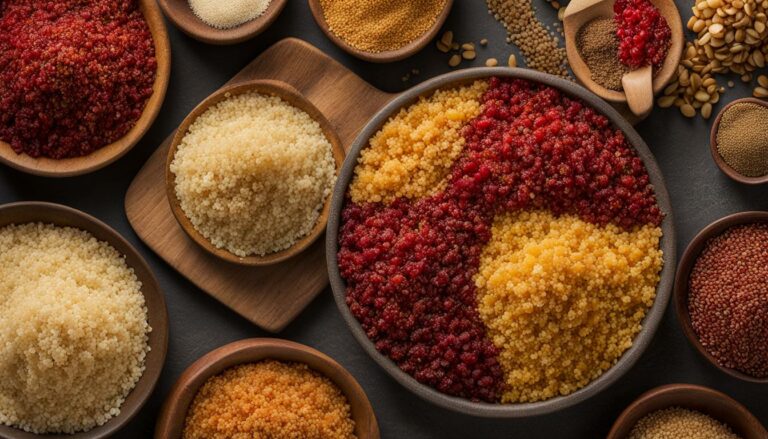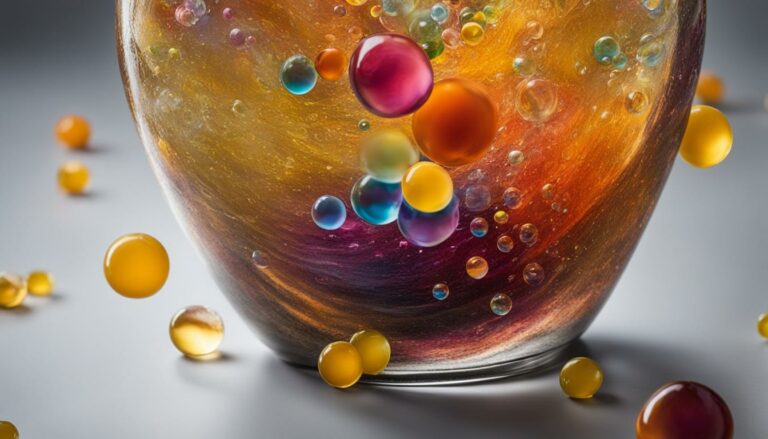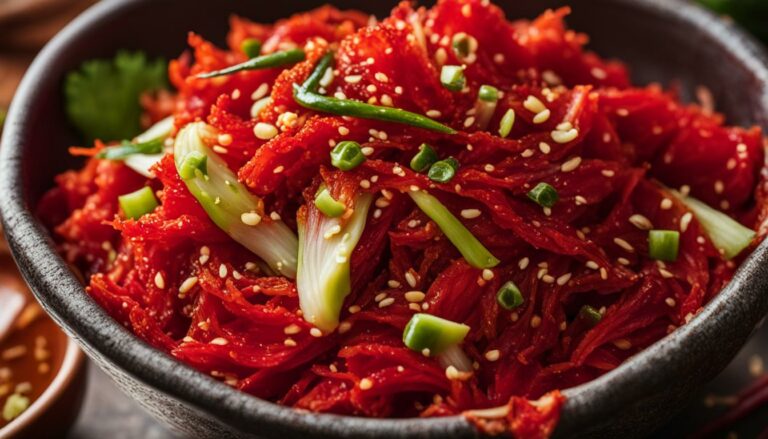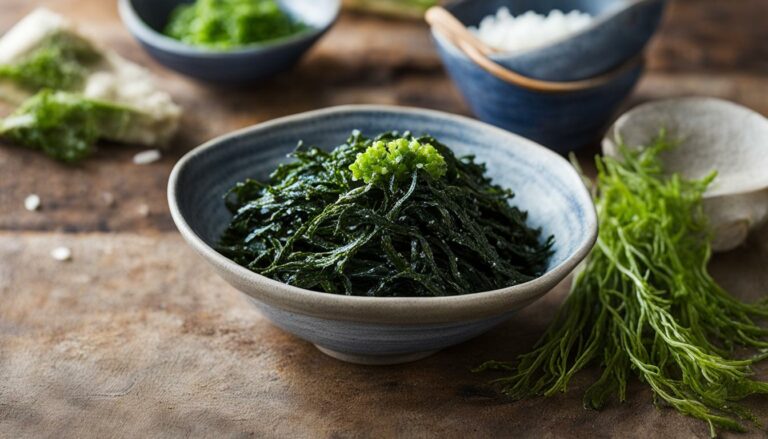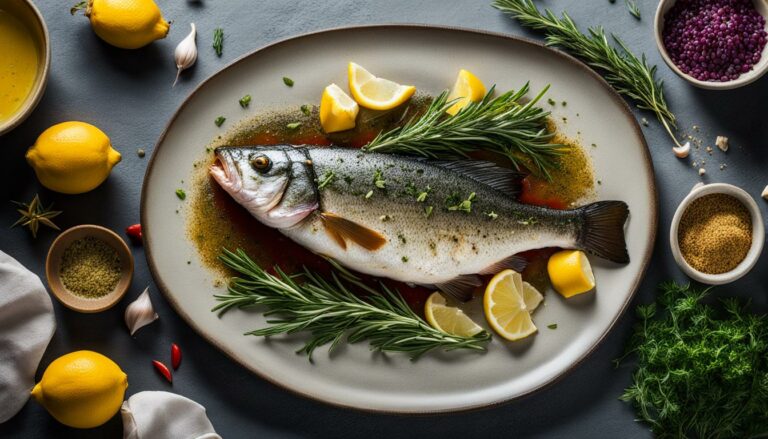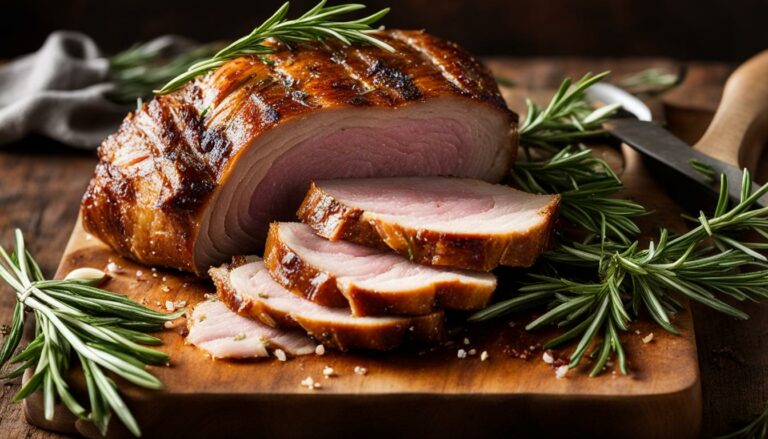If you’re curious about mullein tea but have never tried it before, you might be wondering what it tastes like. This herbal tea has a unique flavor profile that is worth exploring.
Mullein tea has a sweet and earthy taste with subtle medicinal undertones. It is a mild and pleasant-tasting tea that is easy to drink on its own or mixed with other herbs.
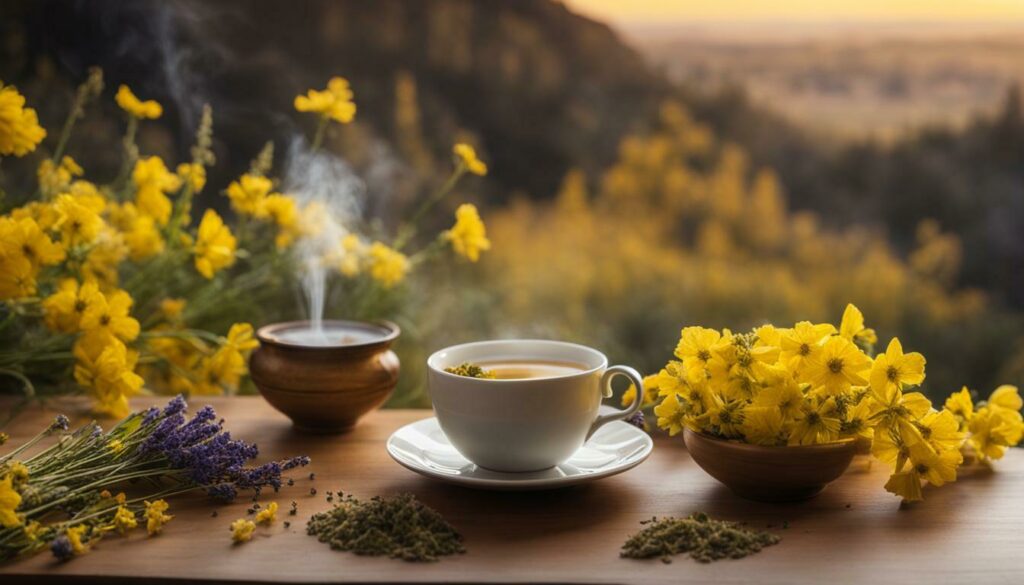
Key Takeaways
- Mullein tea has a sweet and earthy flavor with subtle medicinal undertones.
- It is a mild and pleasant-tasting tea.
Understanding Mullein Tea
If you’re new to mullein tea, you may be wondering what it is and what benefits it can offer. Mullein tea is an herbal infusion made from the leaves and flowers of the mullein plant, which is native to Europe, Asia, and North Africa. In traditional medicine, it has been used to treat a variety of ailments, including respiratory issues, digestive problems, and skin conditions.
One of the key benefits of mullein tea is its potential as an expectorant. This means that it can help to loosen and expel mucus from the lungs, making it a popular remedy for coughs, colds, and bronchitis. Additionally, mullein tea is believed to have anti-inflammatory, antimicrobial, and antioxidant properties, which may further support its use in promoting respiratory health and overall wellbeing.
The Taste Profile of Mullein Tea
When it comes to flavor, mullein tea offers a unique taste profile that sets it apart from other herbal teas. With its distinctive sweet and earthy flavor, mullein tea is a delicious and soothing beverage that can be enjoyed at any time of day.
The sweetness of mullein tea comes from its natural sugars, which are released during the infusion process. This sweetness is subtle, making it a great option for those who prefer a mild sweetness in their tea.
Meanwhile, the earthiness of mullein tea comes from its herbal base. Mullein leaves have a slightly bitter taste, which gives the tea its characteristic earthy flavor. This bitterness is balanced by the sweetness, resulting in a tea that is flavorful and enjoyable to drink.
Overall, the taste profile of mullein tea is complex and nuanced, with a unique balance of sweet and earthy flavors. If you’re a fan of herbal teas or looking to try something new, mullein tea is definitely worth a try.
Bitter Undertones and Medicinal Taste: Exploring Mullein Tea’s Flavor Notes
While mullein tea offers a unique flavor profile, it also contains bitter undertones and a subtle medicinal taste. These flavor notes may not be for everyone, but they contribute to the overall health benefits of the tea.
The bitterness of mullein tea comes from its active compounds, which include saponins and iridoids. These compounds are responsible for the expectorant properties of the tea, making it effective in treating respiratory issues.
The medicinal taste of mullein tea can be attributed to the presence of mucilage, a sticky substance that coats the throat and provides a soothing effect. This makes mullein tea a popular home remedy for sore throats and coughs.
Despite its bitter and medicinal taste, mullein tea can be sweetened with honey or other natural sweeteners to make it more palatable. You can also mix it with other herbal teas or add lemon juice for a refreshing twist.
Overall, the unique flavor profile of mullein tea may take some getting used to, but the potential health benefits make it worth trying. Just remember to consult a healthcare professional before consuming mullein tea regularly, especially if you have any underlying medical conditions or are taking medication.
Benefits of Drinking Mullein Tea
If you’re looking for a natural way to soothe your cough or bronchitis symptoms, mullein tea may be worth a try. This herbal infusion offers an array of potential health benefits, including:
- Expectorant properties: Mullein tea may help to loosen phlegm and mucus, making it easier to expel from the body. This makes it an ideal choice when dealing with chest congestion.
- Cough relief: Thanks to its warming and soothing properties, mullein tea can help to ease coughing and other upper respiratory symptoms.
- Bronchitis relief: Mullein tea may be effective in reducing inflammation in the lungs and airways, making it a potential natural remedy for bronchitis.
While research on the efficacy of mullein tea is limited, it has been used for centuries as a traditional herbal remedy for respiratory issues.
As with any herbal remedy, it’s important to consult with your healthcare provider before adding mullein tea to your routine, especially if you have any underlying health conditions or are taking any medications.
You mayalso like to read theses taste profiles
Understanding the Unique Flavor: What Does Quinoa Taste Like?
Explore the Unique Flavor: What Kombucha Taste Like
Unlocking Flavor: What Does Kimchi Taste Like? Find Out Here!
Exploring the Flavor: What Does Seaweed Taste Like?
Discover What Sea Bass Tastes Like: A Flavor Guide
Ever Wondered What Does Porchetta Taste Like? Find Out!
Side Effects of Drinking Mullein Tea
While mullein tea can offer numerous health benefits, it’s important to be aware of its potential side effects and precautions.
One possible side effect of drinking mullein tea is the irritation of the throat or mouth. This can occur due to the presence of mucilage, a slimy substance that coats the throat. To avoid this, it is recommended to strain the tea before consuming it.
Additionally, mullein tea may cause mild digestive issues, such as stomach upset, diarrhea, or constipation. To prevent this, it is recommended to start with a small amount of tea and gradually increase the dosage as tolerated.
It’s important to note that mullein tea should not be consumed by pregnant or breastfeeding women, as there is limited research on its effects during pregnancy or lactation. It may also interact with certain medications, so it’s important to check with a healthcare provider before consuming it.
To ensure safe and effective consumption of mullein tea, it’s recommended to follow these precautions:
- Do not exceed the recommended dosage
- Consult with a healthcare provider before consuming mullein tea, especially if you are taking medication or have a pre-existing medical condition
- Avoid mullein tea if you are pregnant or breastfeeding
- Strain the tea before consuming to avoid throat irritation
- Start with a small amount of tea and gradually increase the dosage as tolerated
By following these precautions, you can safely enjoy the potential health benefits of mullein tea.
How to Make Mullein Tea
If you’re interested in trying mullein tea and want to make it at home, it’s a simple process. Here’s how:
- Harvest Mullein leaves and flowers, or purchase them dried.
- Boil 8-10 ounces of water in a pot or kettle.
- Add one tablespoon of dried Mullein leaves and flowers to a tea infuser or tea ball.
- Place the tea infuser or tea ball into a cup or mug.
- Pour the boiling water over the tea infuser or tea ball.
- Allow the tea to steep for 10-15 minutes.
- Remove the tea infuser or tea ball and discard the Mullein leaves and flowers.
- Your Mullein tea is now ready to drink! You can add honey or lemon for additional flavor if desired.
It’s important to note that you should always consult with a healthcare professional before consuming any herbal tea, especially if you are pregnant, breastfeeding, or have any health conditions or concerns.
Conclusion
In conclusion, mullein tea offers a unique flavor profile that combines sweet and earthy notes with subtle medicinal undertones. This herbal infusion has been used for centuries to treat respiratory ailments and has potential as an expectorant. However, it’s important to be aware of any possible side effects, such as allergic reactions or interactions with medication.
If you’re interested in trying mullein tea, it’s easy to make at home using dried mullein leaves. Simply steep them in hot water for several minutes before straining and enjoying. Remember to always consult with a healthcare professional before adding any new herbal remedies to your routine.
Overall, mullein tea is a flavorful and potentially beneficial herbal infusion that can be a great addition to your daily routine. Give it a try and experience its unique taste and potential health benefits for yourself!
